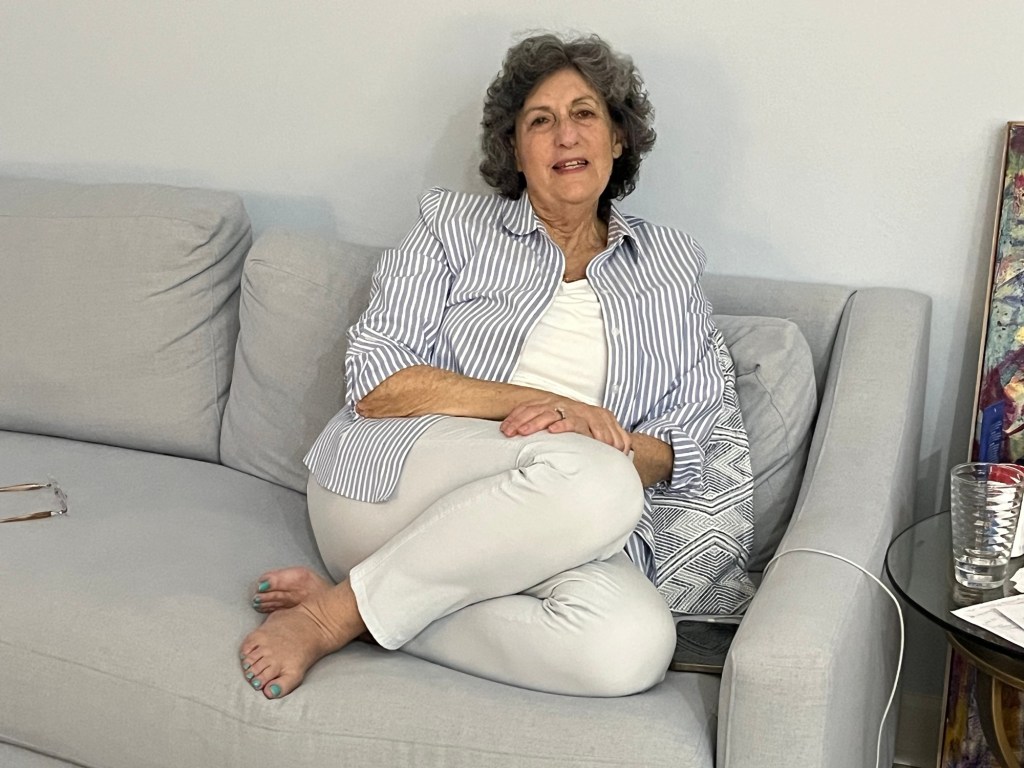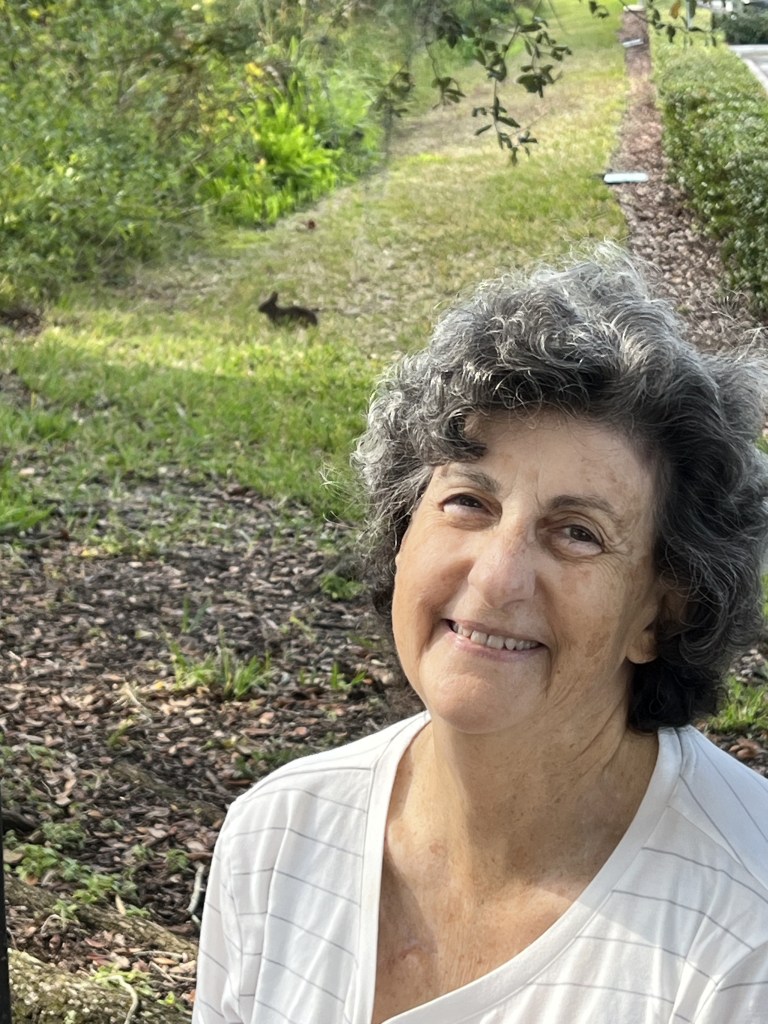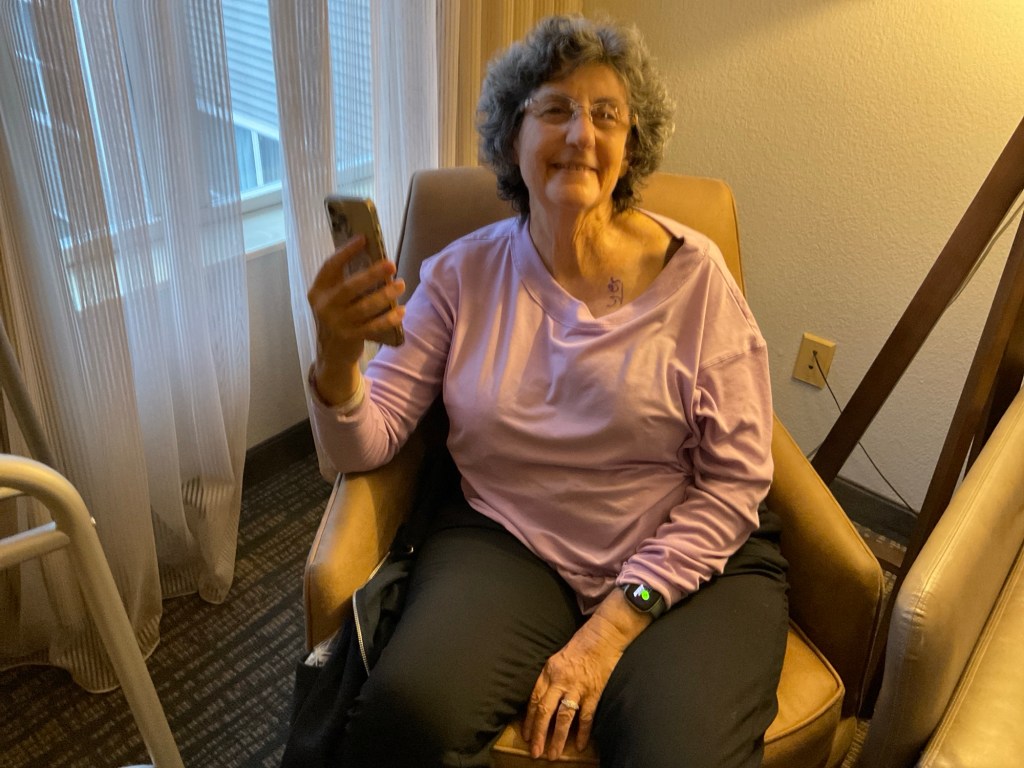The Niners and the Chiefs will play the “Concussion Bowl –aka– the Super Bowl next Sunday in Las Vegas. For many millions it is the not to missed High Holy Day of American Civil Religion.
And I see on the internet that decent seats – not great but decent – can be had for about six grand. So, I find myself wondering:
What would I do if my doorbell rang, and a person handed me two fifty-yard-line seats, two first class tickets to and from Las Vegas and a voucher for five nights in a luxury suite on in one of the finest hotels on the Strip?
Oh, I would be tempted, but I hope I would decline the gift.
I hope I would decline the gift in the same way I hope that if I lived in ancient Rome, I would decline a ticket to see gladiators battle to the death for the amusement of the audience. If you look at the statistics, and they are irrefutable, you will see that American football is just a couple of degrees more civilized than the gladiatorial contests of ancient Rome!
According to Wikipedia based on a whole host of other sources as indicated by the footnotes:
“Chronic traumatic encephalopathy (CTE) has been found in 345 of 376 (that is 91.76 %) deceased former National Football League (NFL) players’ brains, according to a 2023 report by the Boston University CTE Center, which has led the effort to diagnose CTE cases. In comparison, a 2018 BU study of the general population found one CTE case in 164 autopsies, and that one person with CTE had played college football.[1] The NFL acknowledged a link between playing American football and being diagnosed with CTE in 2016, after denying such a link for over a decade and arguing that players’ symptoms had other causes
Although the symptoms of CTE can vary, it doesn’t directly cause death but instead changes personality and behavior, making a person not feel like themselves anymore.[15] Players with CTE can become isolated from their friends.[16] Sometimes they become unable to tell a story,[17] carry on a conversation,[18] or recognize their loved ones.[19] One former player later found to have CTE described having headaches that felt like ice picks hitting his brain.[20]
Some former players with CTE suffer from memory loss and depression.[21] Some players and those around them deal with their violent mood swings, rage,[22] and paranoia.[23][24] In some cases, damage to players’ brains contributes to severe alcoholism leading to death.[25][26] Two former NFL Man of the Year winners suffering from CTE symptoms shot themselves in the chest so their brains could be studied for the damage inflicted by football.[27][28]” (Dave Duerson and Junior Seau)
And speaking of injuries according to an article in the February 2020 issue of Forbes magazine:
No sport racks up injuries quite like football, so it’s no surprise that NFL teams spent an estimated $521 million on sidelined players during the 2019 season, according to a study by The Associated Press
521 million dollars
I think of the number of schools, low-income housing units, medical care facilities and other worthwhile causes that could be served by 521 million dollars annually. It sickens me to fathom that that money is going to treat injuries inflicted in the pursuit of spectator entertainment and the almighty dollars of ticket sale, TV, and advertising revenue.
As a Rabbi, but more importantly as a human being, created in God’s image, can I really be a fan or even an observer of a spectacle that shortens the lives and drastically reduces the quality of the post-career lives of the participants? Oh, like millions and millions of others, I used to be a fan, but several years ago I realized I can no longer be.
You see, where evil exists, we have a simple choice: We can be part of the problem or part of the solution.
“Whoa, whoa, Rabbi,” so many have responded, “Let’s not get carried away. The players know the risks, and they exercise their own free choice to participate.”
It is an argument that assuages the qualms of many but not me.
Are we not complicit in the life-altering and life-threatening injuries and early deaths of the players when we dangle untold riches and glamor before the eyes of the participants? I conclude that we are…no. matter how cute the commercials.
Therefore, though mine may be a lonely voice crying out to tuned out ears, I must say, “No,” to “The Concussion Bowl” and all the dementia-causing life-shortening contests that precede it.







